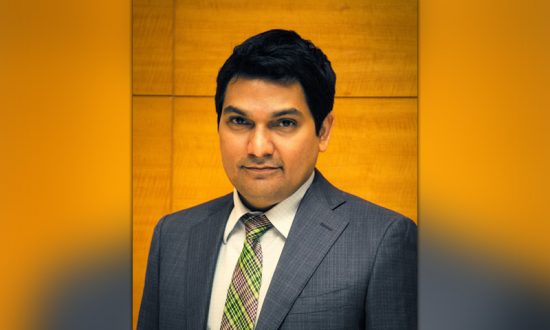Dr Ajeenkya D Y Patil is an Indian educationist and economist. He is the son of D. Y. Patil. He is Chairman of the D Y Patil Group, Chancellor of Ajeenkya D Y Patil University and Pro-chancellor of the Dr. D. Y. Patil University.
As we’re heading into a world filled with skill-specific demands, the pedagogy is destined to take a turn to a skill-specific supply as well. Over the last decade, we have witnessed a staggering increase in the number of micro-credential courses offered by online platforms and universities around the globe. According to some estimates, there are around 700,000 courses available online, in-person and hybrid mode. The numbers are bound to increase as employers are decreed to recruit more skill-specific individuals.
Traditional education focuses on the overall arch of an individual imbibing certain values and systems in the students. While such values are necessary, traditional education can be seen as a constraint for many students. Many students want to couple their traditional education with micro-credentials to increase their chances of employability. The rising demand for skill-specific courses directly serves the demands of an economy that believes in instant and readymade. Microcredentials are an investment of shorter units of time as many courses could be completed within a few hours and some can be completed within a few months. Most courses can be over within a year. It forces the value of time and gives the students chances to acquire multiple skill sets within a shorter period. Most importantly it allows the student to acquire specific skills that complement their degree education.
ADYPU has focused on building numerous micro-credential courses within its program curriculum. These are delivered through the provisions of offering electives, courses offered with industry tie-ups and courses through industry certification. The courses are identified each year with respect to the surrounding environment keeping in mind the requirements of the industry and innovativeness that is the emblem of the university. The courses are diverse and students have the option of attaining university credential when they complete their courses. The sheer number and topic of the courses are staggeringly impressive. We have made sure that students acquire what is being expected by the global market. Universities around the globe are realizing the potential of skill-specific courses which cater to a new understanding of work where one needs to excel in a field and have multiple opportunities to grow within a short period.
Micro-credential courses are the drivers for change in higher education and are perfectly designed keeping in mind the needs of a modern student who wants to excel in various skills to stand out among a tirade of ordinary individuals. Many studies have shown that the market for these courses is going to double over the next five years. The lucrative model also provides universities with a chance to understand the rapidly evolving industry market that has taken a new turn since the pandemic collapsed the physical classroom model. A new approach could be a hybrid model which focuses on micro-credential courses but gives the students the option of taking up physical classes coupled with online tools. Such a model can be envisioned to enhance the capability of skill-specific education and make the next generation the first one to imbibe a new sense of excellence and responsibility that tackles new challenges creatively and innovatively.




